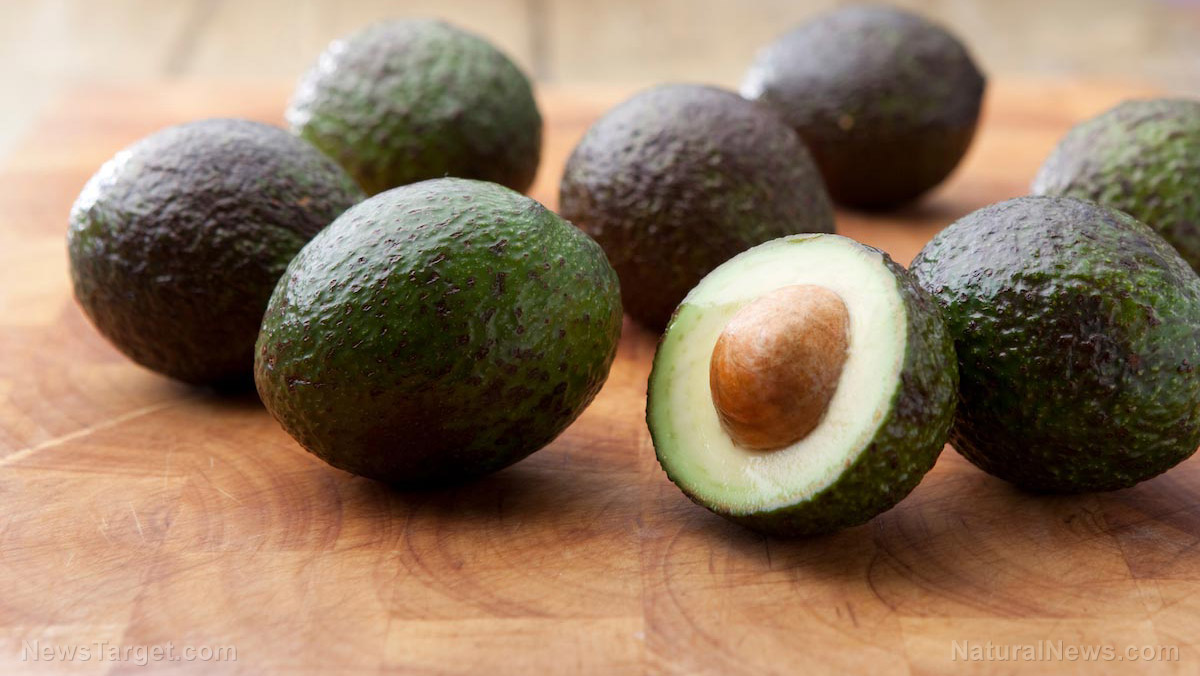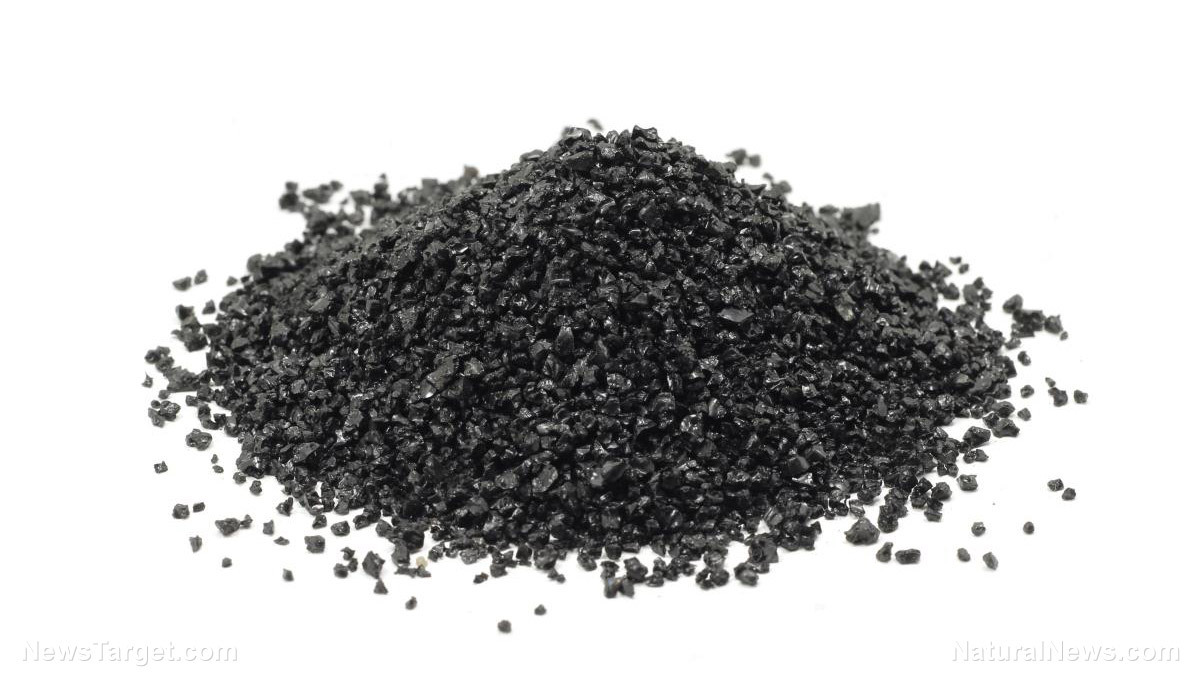Supplementing with carnitine and vitamin E reduces risk of heart attack
02/09/2019 / By Michelle Simmons

A heart attack, also known as myocardial infarction, is one of the leading causes of death worldwide. Fortunately, there are many ways to prevent the occurrence of this deadly disease. A study published in the African Journal of Traditional, Complementary and Alternative Medicines suggests taking vitamin E and carnitine supplements to lower your risk of heart attack.
Researchers from King Abdulaziz University in Jeddah, Saudi Arabia looked at the effect of carnitine in combination with vitamin E in the prevention of heart attack induced by isoproterenol in rats. A heart attack occurs when the blood supply to the heart is suddenly blocked.
For the study, the researchers observed five groups of rats. Two groups served as the control groups, while the other three groups served as the treatment groups, receiving vitamin E, carnitine, or a combination of the two every day for three weeks.
On the seventh, eighth, and ninth day of the study period, the negative control group and the treatment groups received isoproterenol, which has a toxic effect on the heart. The administration of isoproterenol increased the levels of malondialdehyde, nitric oxide, as well as the levels of cardiac inflammatory markers interleukin-6 and tumor necrosis factor. Additionally, isoproterenol reduced cardiac antioxidant activities.
However, these negative effects of isoproterenol were reversed by the supplementation of vitamin E and carnitine combined. In addition, it greatly increased blood flow in the heart and caused significant improvements in the recovery of rate pressure product (RPP) and left ventricular developed pressure (LVDP). (Related: Study finds that a combination of L-carnitine and vitamin E can overcome immunosuppression.)
While the pretreatment with vitamin E or carnitine alone greatly decreased malondialdehyde and nitric oxide levels and enhanced antioxidant activities in the heart, the combination of vitamin E and carnitine caused more significant effects.
With these findings, the researchers concluded that supplementing with carnitine and vitamin E combined may help prevent the occurrence of a heart attack.
More supplements for keeping your heart healthy
In addition to vitamin E and carnitine, there are other supplements you can take for a healthier heart. These include the following:
- Astaxanthin: Astaxanthin, which gives many fish and shellfish their bright pink color, is another antioxidant that supports heart health. Research has shown that this unique antioxidant improves heart health by regulating cholesterol and triglyceride levels and preventing inflammation. In addition, astaxanthin also plays a role in preventing cancer, boosting cognitive function, enhancing athletic performance, and keeping the skin young-looking.
- Coenzyme Q10 (CoQ10): CoQ10 plays a role in transporting electron and regulating blood pressure and supports endothelial function. It helps the mitochondria convert compounds in food into energy. Additionally, It serves as an antioxidant, preventing harmful free radicals through oxidation. While CoQ10 is naturally produced by the body, the production declines with age, so it’s helpful to eat foods rich in CoQ10, such as fish, meat, and whole grains, or take CoQ10 supplements.
- Garlic: Garlic is one of the most common superfoods because it contains a variety of trace minerals and vitamins. Many studies suggest that garlic can ward off heart disease by maintaining healthy levels of cholesterol and regulating blood pressure.
- Omega-3 fatty acids: When it comes to heart health, omega-3 fatty acids are one of the most notable nutrients. Many studies have proven that these fatty acids help maintain healthy blood pressure and cholesterol levels. They also prevent plaque buildup and inflammation. You can get high amounts of omega-3 fatty acids from foods such as fish, nuts, and seeds, or from fish oil supplements derived from salmon or cod.
Read more news stories and studies on preventing a heart attack by going to HeartDisease.news.
Sources include:
Tagged Under: cardiovascular health, Carnitine, disease prevention, heart attack, heart disease, heart health, myocardial infarction, nutrients, supplements, vitamin E


















